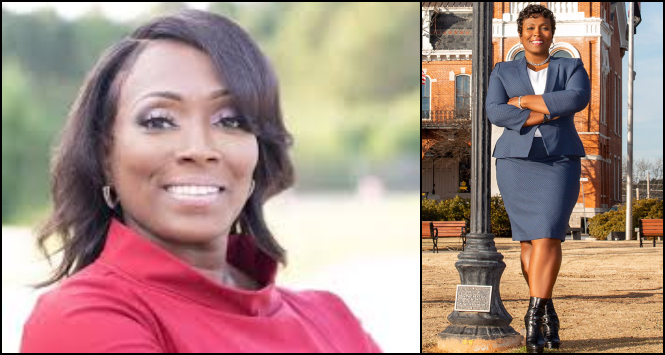Prominent legal commentator Attorney Stephanie R. Lindsey is raising critical concerns about the boundaries of the justice system in a new Instagram video.
She takes a closer look at government overreach in high-profile criminal cases, without directly defending embattled music mogul Sean “Diddy” Combs.
In a post shared to her official account @attorneystephanie, Lindsey made it clear:
“Not defending Diddy. Not excusing anything. But if the government can twist the law to criminalize consensual adult behavior… we should all be paying attention.”
‘He’s a Freak. That’s Not a Crime.’

In her candid video commentary, Lindsey distanced herself from the specifics of the Diddy case, but emphasized a broader concern: the legal system’s potential misuse of prosecutorial power in cases involving adult, consensual conduct.
“I’m not going to talk about the Diddy case. I’m not going to highlight the Diddy case,” she began. “But I just want people to understand—government overreach is real.”
Speaking from a civil liberties standpoint, Lindsey argued that regardless of personal opinions on Diddy or any public figure, criminalizing private intimate behavior between consenting adults could pose long-term threats to legal precedent and personal freedoms.
“I don’t know of any law that says you can’t be freaky,” she said. “When you interpret the law from a prosecution standpoint in a manner where you are now criminalizing personal intimate acts with consenting adults, that’s an issue.”
Addressing Gray Areas in Consent and Power Dynamics
Lindsey acknowledged the nuances of power and consent—especially in situations involving fame and influence—but stood firm in her position that prosecutorial discretion should not be used to reinterpret legal definitions to secure convictions based on public pressure or moral outrage.
“People say, well, you’re not consenting if you wanted to be a rising star and did things to please someone in power,” Lindsey noted. “But the government can’t and shouldn’t redefine the law based on those circumstances alone.”
‘We Need to Be Concerned About That’

Though Lindsey refrained from opining on whether Combs deserves punishment, her larger message urged the public and legal professionals alike to monitor how laws are being applied in high-profile cases—particularly when media narratives risk influencing legal outcomes.
“Whatever’s going to happen in his case is what’s going to happen. But the overreach is what I have a problem with,” she stated.
Lindsey’s remarks echo a growing conversation within the legal community about the role of public sentiment, prosecutorial interpretation, and the fine line between justice and overreach.
